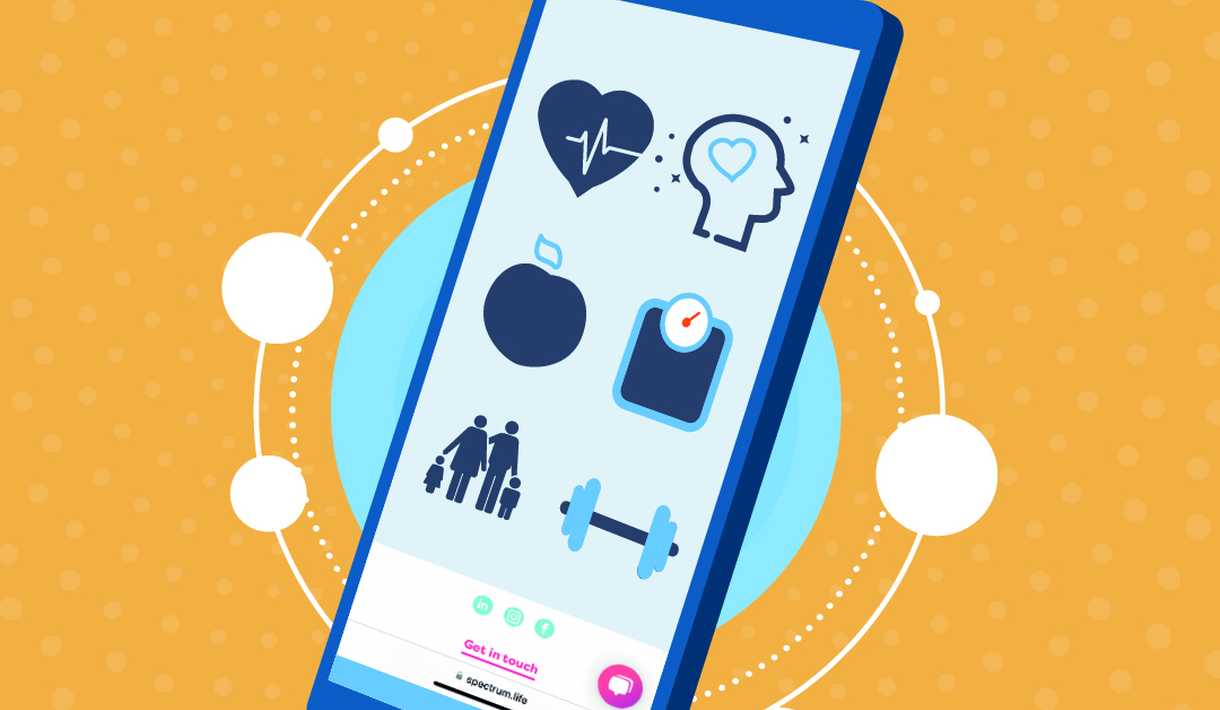What does stress do to our mental health?
7 March 2025
2 min read

Stress is something that we all encounter. It's a normal part of life. However, if stress becomes chronic - meaning it lasts for a long time - it can have serious effects on our mental health.
One of the biggest impacts that chronic stress can have on someone is the increase in anxiety. Anxiety can cause us to feel constantly alert which can lead to feelings of unease, worry and tension. We may find it difficult to concentrate, feel irritable, or have trouble sleeping. This can then stress us out more, leading to a vicious cycle that can be hard to break and impact our day-to-day life.
Another mental health issue that is often linked to chronic stress is depression. The constant feeling of being overwhelmed that comes with experiencing stress for prolonged periods can lead to a sense of hopelessness and losing interest in activities you used to find enjoyable. This may be even more noticeable during quiet seasons, particularly after working long hours for a long period of time. When work slows down such as in the winter for example, the overwhelm you had experienced all spring and summer might make it difficult to find any energy left to enjoy some downtime.
Seeking support when you notice your thoughts and feeling starting to change from optimistic or realistic to worried and pessimistic, can prevent clinical depression from developing. This may mean that any changes you make and support you receive, can make a difference sooner.
Stress can also negatively impact any existing mental health conditions. For example, those living with conditions such as bipolar disorder or schizophrenia may find that stress will trigger episodes or make their symptoms worse.
And let's not forget about the physiological effects that stress can have on our mental well-being. Chronic stress can cause physical symptoms such as headaches, chest pain, and fatigue, all of which have a negative impact on our mental health.
Whilst stress is an unavoidable experience, getting support such as from professionals, can help us to learn strategies unique to us, to help us to manage stress better. This means that when stresses do arise, such as if you do arrive at a job without your equipment with a busy day ahead and after a poor night’s sleep – you will feel better able to navigate this and may not experience as much stress for as long. The more confident you become in your ability to handle stress, the less overwhelmed you will feel when stress arises.
Read more about stress

What is stress?
Stress is a natural and normal human response to challenging or threatening situations and isn't always harmful if managed properly.

What to do when feeling stressed
Learn about regular activitues you can introduce to your day that can help to reduce stress and its negative impact.

Our free health and wellbeing app
Packed full of valuable advice and support for your fitness, nutrition, mental health and more, all created by experts.
Get started
